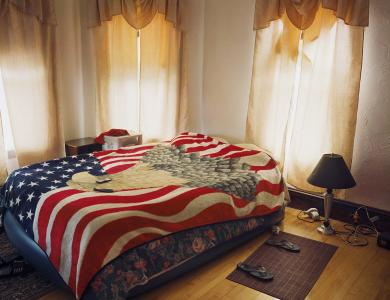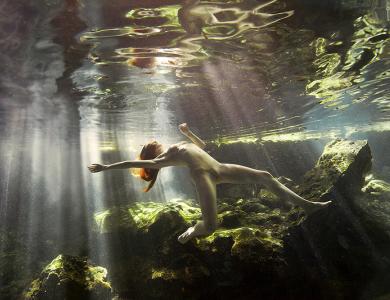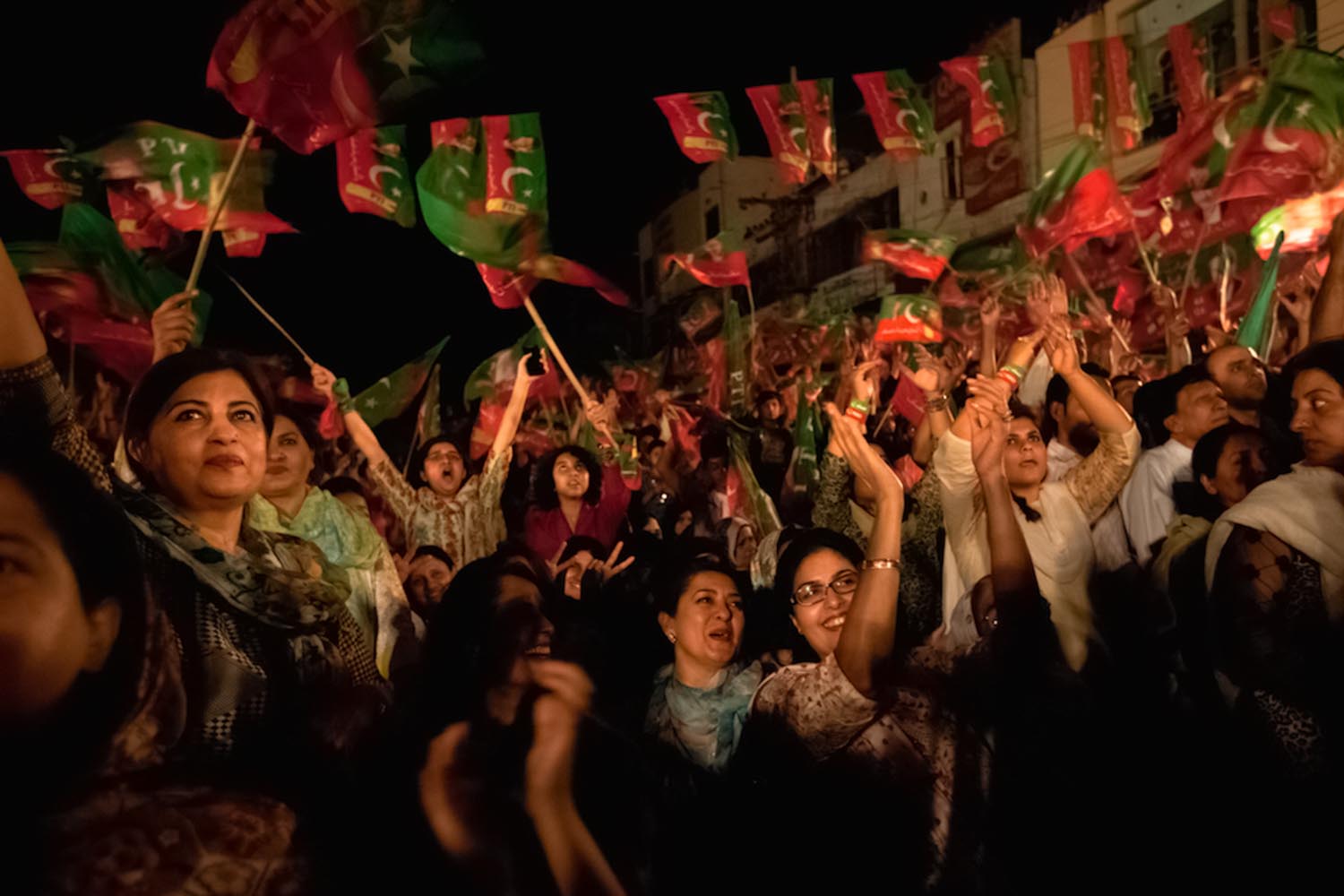 © Rebecca Conway
© Rebecca Conway

Visura member Rebecca Conway is a British photojournalist and photo editor with Agence France Presse, covering South Asia.
She is based on their desk in New Delhi, where she has been for just over two and half years. She moved to India after six years freelancing in Pakistan, where she concentrated on stories stemming from the conflict in Afghanistan, internal displacement and issues affecting women. Rebecca is currently shooting a long-term project on a minority community living just inside the Pakistan border with Afghanistan.
Hi Rebecca, thanks for speaking to us. Firstly, how did you get into photography?
It’s lovely to speak to you guys! So - as a teenager I was deeply moved by an image of Chinese students putting up the statue of the Goddess of Democracy in Tiananmen Square in 1989, taken by the AP’s Jeff Widener. I wanted to find stories among these events that impact and affect so many people and that was what really drew me to journalism. As a freelance journalist I was taking some of the images to go with my stories and while freelancing as a correspondent for Reuters in Pakistan I was given the opportunity to edit photos and encouraged to contribute images to the wire, and that was when I really started shooting.
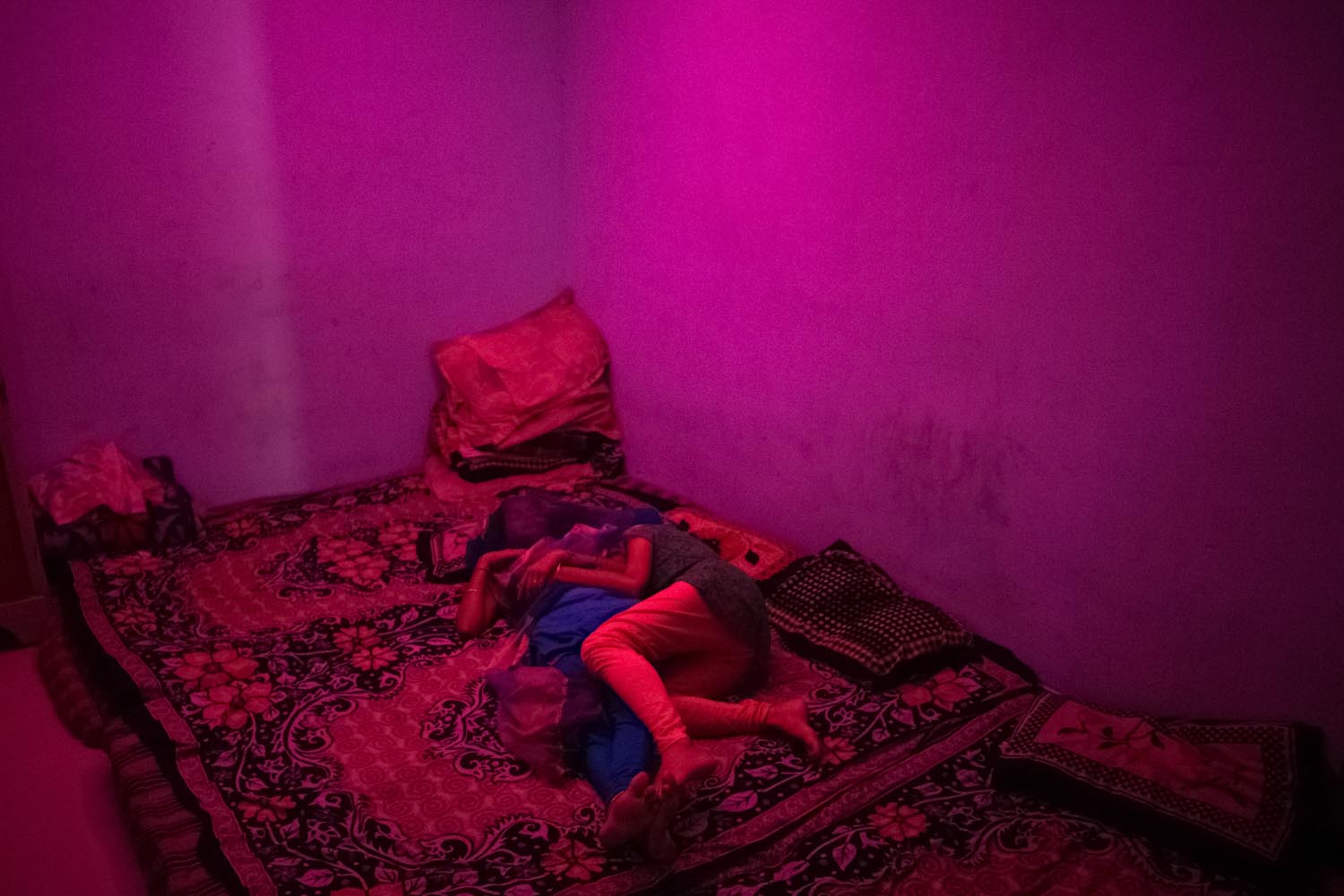
Tell us about your long-term series ‘Pakistan: The Kalash’ - how did the project start?
I first went to the area where the Kalash live in 2010. I was in northern Pakistan for a few other projects and made the trip to the Kalash valleys. I was immediately captivated by the people I met and the unique position they find themselves in. This is a minority community unlike any other group that exists in the country; there are a very small number of Kalash left, their origins are debated, they have a largely unwritten history and they face very modern problems that stem from economic and environmental issues, and their position in Pakistan as a polytheistic tribe.
I’m naturally drawn to spending time in quite remote areas; I like being in the mountains, I’ve spent time living with nomadic communities on the Tibetan plateau – those kind of places – so I wanted to be with the Kalash and in that part of Pakistan as much as I could.
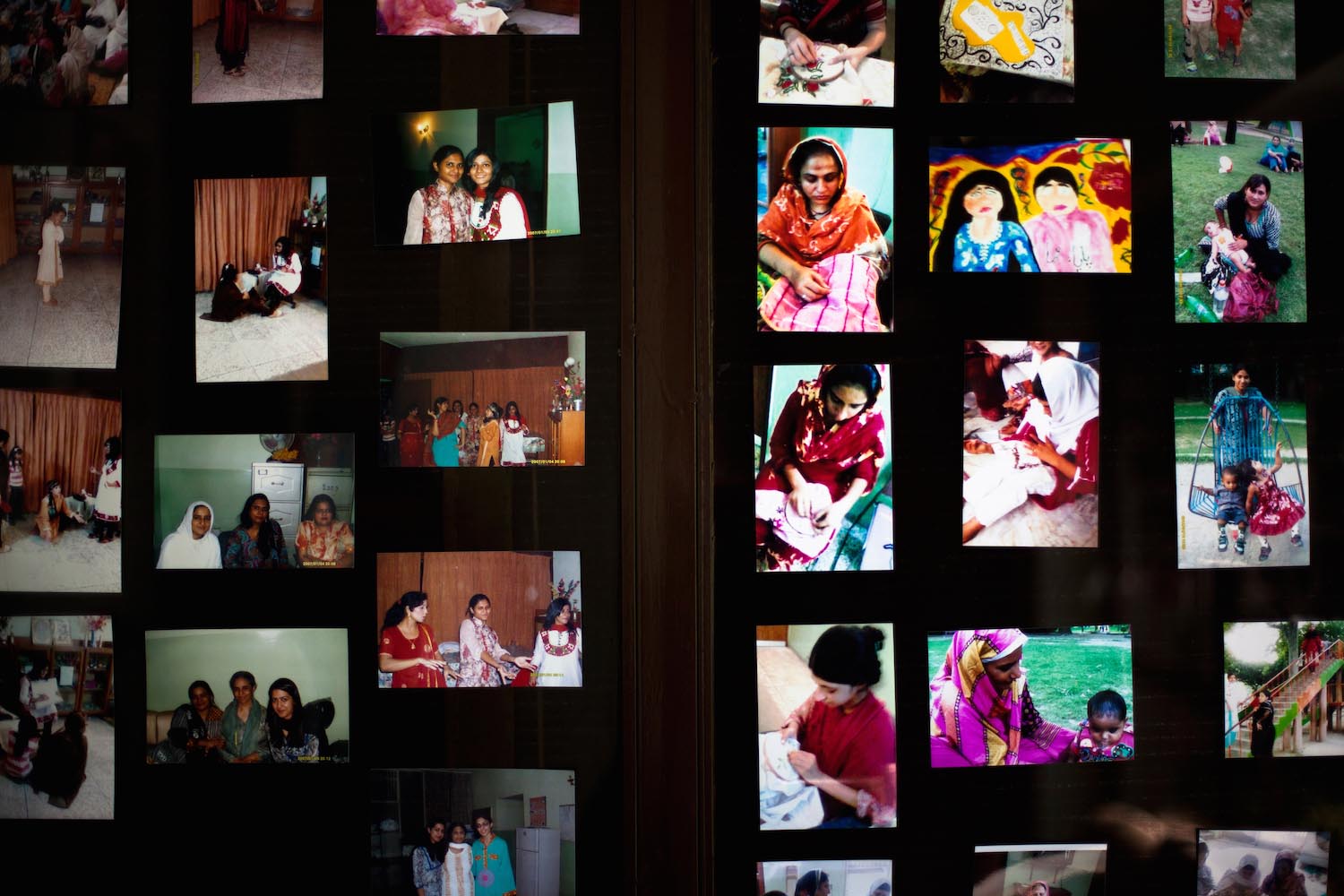
How do you approach each new project?
I try to shoot stories I find inspiring or stir emotion, situations that spark a deeper question. These can and do come from anywhere. I’m always looking for stories that give me an opportunity to explore something I’m passionate about sharing. I think finding projects away from straight news is always a mix of what already speaks to your soul, and the people and things you come across.
In terms of how I go about things practically, it really depends what the story is. I like to read up or at least get a sense of what I’m going to be photographing if that’s possible, but I often shoot stories where there isn’t a lot of writing or literature on a subject. Then it’s a case of feeling things out, watching what’s going on and asking questions.
When I’m shooting I don’t typically spend a lot of time photographing, at least initially; I’ll interview people or observe situations. Sometimes I will revisit a subject again and again until I have images that I feel tell a story and that comes with building trust and respect with those you’re photographing. I think if you can spend a lot of time with your subjects when you’re shooting a story – and we don’t always have that luxury - you should honour that.
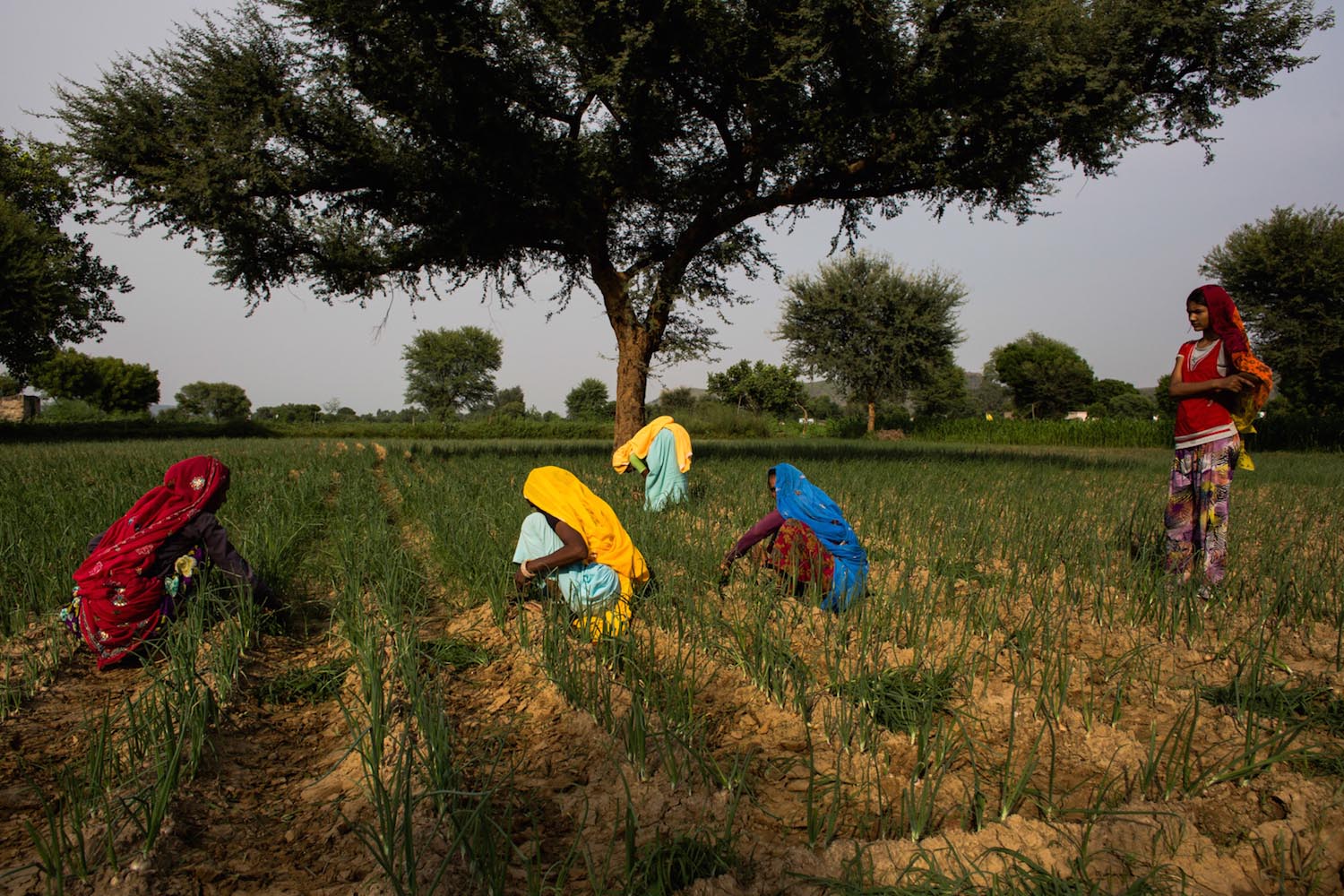
Do you have a photographic philosophy?
I can’t remember who said this and it wasn’t about photography, just general approaches to things, but it was something along the lines of, “Don’t be dismissive. Don’t be a dick. Don’t rush”. I think about that every day. It sums up how I try to work. Pay attention to everything and everyone. If you can’t do that then at least be respectful of where you are and who you’re with. Don’t discount people and things as unimportant. Don’t try to get it done in 20 minutes unless you have to.
The wider answer is - going back to this image of the Goddess of Democracy, my aim is to leave this world a little better than I found it and help give a voice to whomever I might be photographing, whether they’re inhabitants of a remote village or the president, and to tell their stories. We have the power to shine a light on people’s lives and try to effect systemic change so that humanity continues to evolve for the better. Can we do that with photography? I’m not sure yet but I hope so.
My mantra during the chaos has been ‘just keep going’. It’s advice another photographer once gave me, so when the self-doubt kicks in I just tell myself, ‘just keep going’. And always wear comfortable boots.
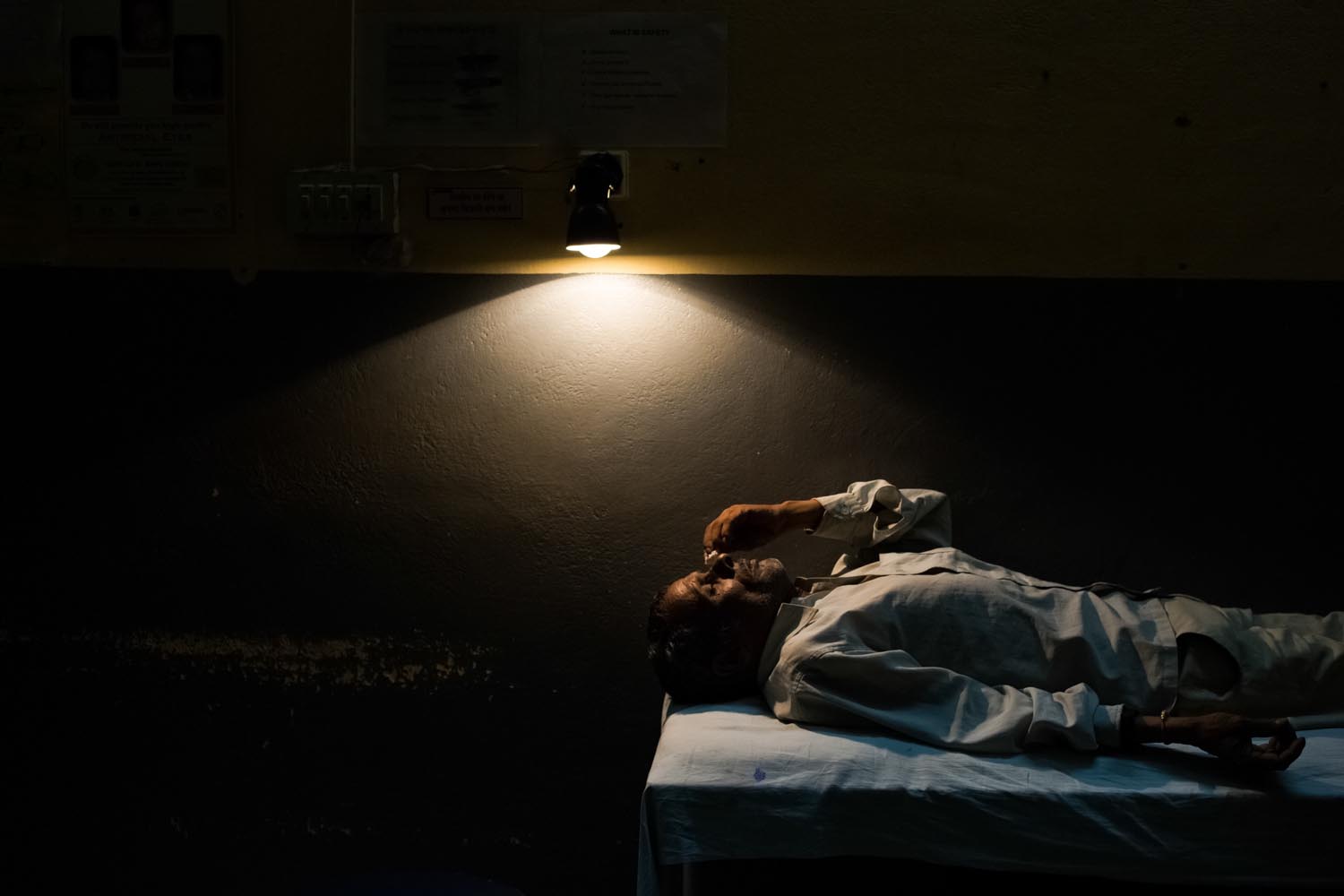
How has your work and process changed since you began photographing?
Pretty drastically, I hope. I picked up photography as I went along so when I initially started out I was pretty much making up the rules. One thing that helped was that I was taking pictures to match stories I was writing, so I understood what I needed to be able to show visually because I’d already done a lot of research and interviews. I got used to shooting quite quickly and coming away with something I could send to an editor. I’m a few years in now and I know that kind of field experience is what helps me now to make decisions, evaluate scenes and pitch and put together photo stories.
One of the things that drew me to photography was being able to witness moments or events I wouldn’t normally be able to see. I’m still getting comfortable with the fact that the camera gives you a way in to people’s lives but I’m much bolder now. I’ve learnt to not hesitate.
The kind of stories I’m drawn to haven’t changed as much. I still look for unusual or underreported things and they’re often in slightly challenging or remote places logistically, but that’s just where I’m most comfortable.
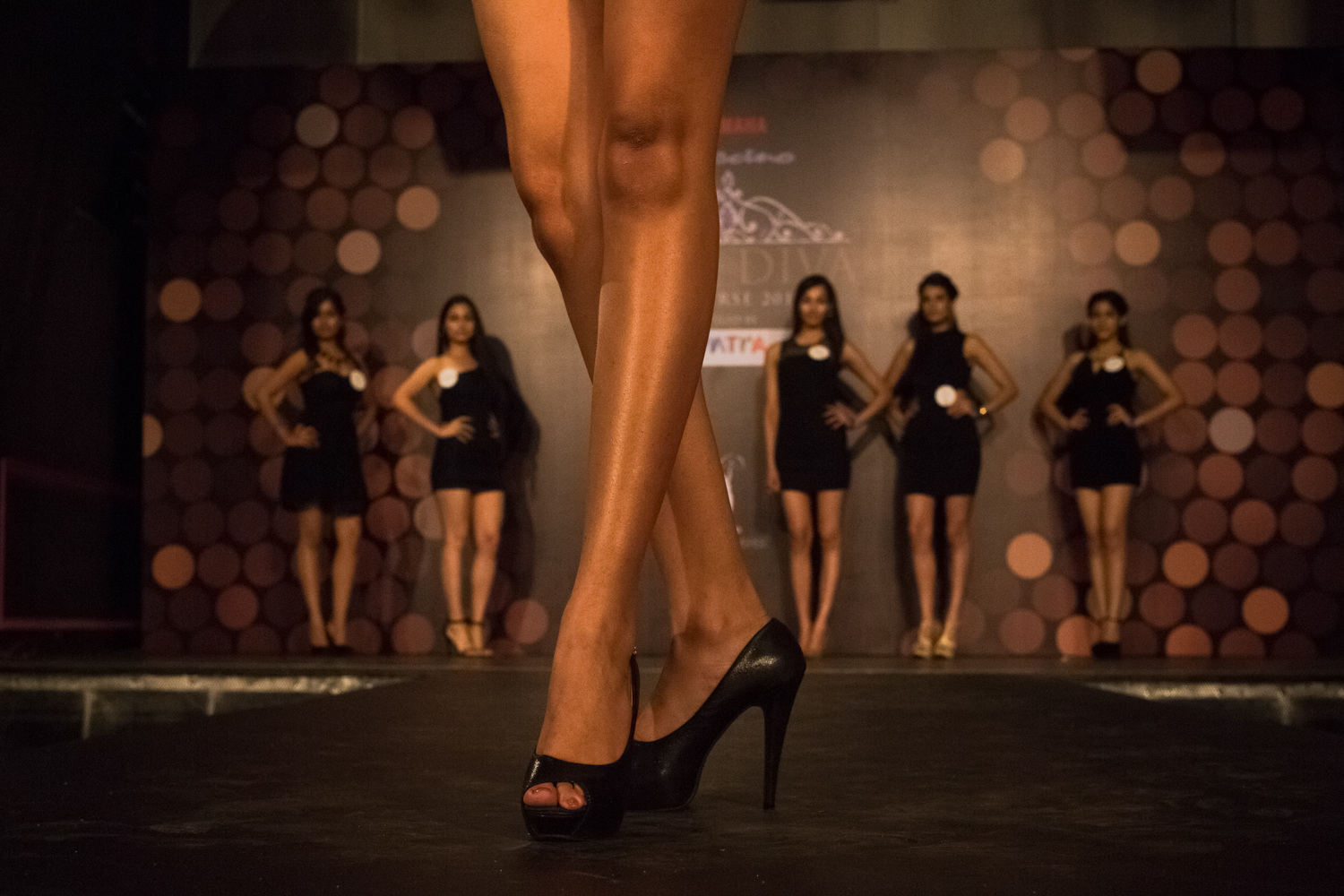
Where in the world are you and what's next for you?
I’m in India and I’m about to get on a plane to head to Kashmir, where I’m finishing a project I’ve been working on for about eight months. I’m focused on ideas around photography for good. I want to make an impact and effect the greatest social change I can. I’m working on a few stories in India, Pakistan and elsewhere. Watch this space…

